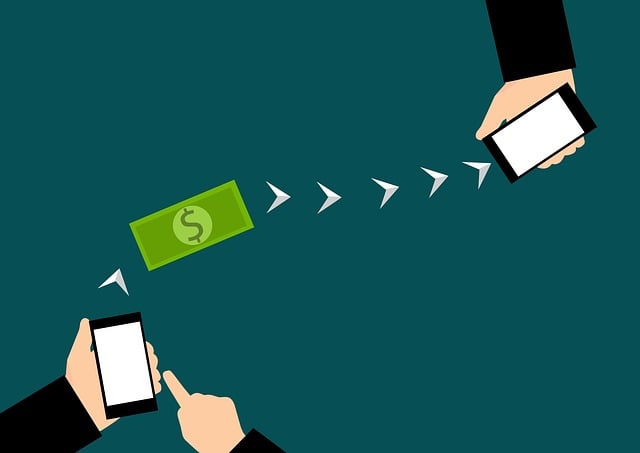The sales funnel for ecommerce is a strategic process from customer awareness to post-purchase interactions. By mapping this journey using analytics and optimizing content, messaging, and channels like email marketing, businesses can enhance engagement, boost sales, and build loyalty through personalized experiences. A well-designed landing page and effective CRM strategies further strengthen the funnel, encouraging repeat purchases and referrals.
In today’s digital landscape, a well-designed sales funnel is crucial for ecommerce success. This guide navigates the customer journey, from awareness to purchase and loyalty, offering actionable strategies to align your marketing efforts with each stage. Discover how to attract, engage, and convert prospects into paying customers through optimized ecommerce sales funnels tailored to their needs. Integrate targeted marketing tactics at every turn to enhance user experience and drive conversions effectively.
- Understanding the Ecommerce Customer Journey
- Designing Each Stage of Your Sales Funnel
- Integrating Marketing to Drive Conversions
Understanding the Ecommerce Customer Journey

The ecommerce customer journey is a multifaceted experience that begins with initial awareness and extends through purchase and post-purchase interactions. Understanding this journey involves recognizing how customers navigate from discovery to decision, often influenced by various marketing touchpoints. A sales funnel for ecommerce aligns with this dynamic process, capturing potential buyers at different stages and guiding them towards conversion. By mapping out these stages—from brand awareness through consideration and checkout—merchants can tailor their strategies effectively.
Marketing analytics plays a crucial role in optimizing the customer journey. Through data-driven insights, businesses can identify bottlenecks, refine messaging, and leverage successful channels like email marketing and text message marketing to enhance engagement and sales. By seamlessly integrating these marketing tactics into the sales funnel, ecommerce platforms can create personalized experiences that resonate with customers, driving higher conversion rates and fostering long-term loyalty.
Designing Each Stage of Your Sales Funnel

Designing an effective sales funnel for your ecommerce business is a strategic process that aligns with your overall marketing efforts. Each stage of the funnel should be carefully crafted to guide potential customers from initial awareness to final purchase and beyond. Start by defining your target audience and their pain points; this will help you tailor content and offers that resonate with them.
The first stage, awareness, is where you attract prospects through various marketing channels including social media marketing automation and targeted advertising. Here, the goal is to showcase your ecommerce solution and build brand visibility. Once you’ve captured interest, nurture leads through educational content and personalized communications, fostering a sense of trust and engagement. This stage often involves building an email list and offering valuable resources or discounts to encourage sign-ups. Effective customer relationship management (CRM) strategies can help streamline this process, allowing you to better understand your audience’s behavior and preferences.
Integrating Marketing to Drive Conversions

In the context of a sales funnel for ecommerce, integrating marketing efforts is pivotal to driving conversions and maximizing revenue. By strategically aligning marketing strategies with the customer journey, businesses can effectively guide potential buyers through each stage—from awareness to purchase and loyalty. Marketing analytics play a crucial role here, providing insights into consumer behavior and preferences, enabling merchants to refine their messaging and offers accordingly.
A well-optimized landing page is another key component. This is where the marketing efforts culminate, providing a dedicated space to convert visitors into customers. A compelling design, clear call-to-actions (CTAs), and relevant content can significantly enhance conversion rates. Moreover, managing a brand’s reputation is essential in today’s digital landscape. Positive online reviews and effective reputation management can reinforce customer trust, encouraging repeat purchases and referrals, thereby strengthening the overall sales funnel for ecommerce.
A well-designed sales funnel for ecommerce is a powerful tool that aligns with your marketing strategy, providing a structured path to guide customers from awareness to purchase and loyalty. By understanding the customer journey, meticulously crafting each stage of the funnel, and integrating targeted marketing efforts, businesses can significantly drive conversions and maximize revenue. This strategic approach ensures that every step resonates with potential buyers, fostering a seamless and compelling shopping experience.
